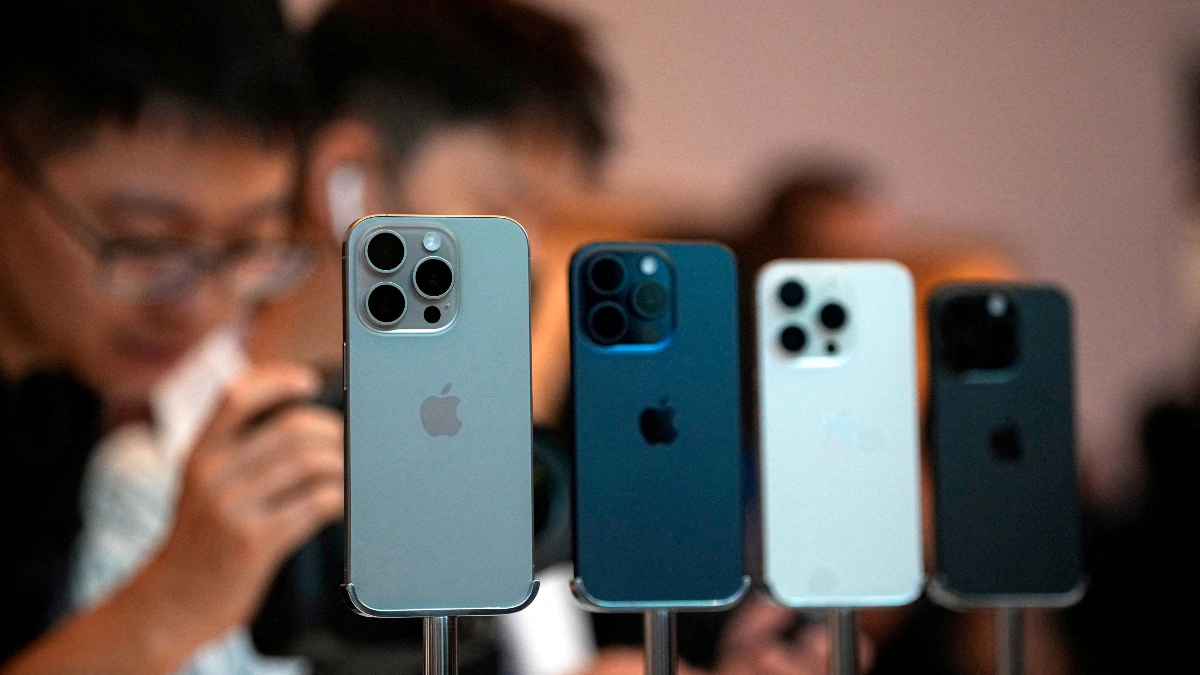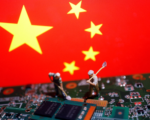State owned firms and departments in at least eight provinces have recently instructed their staff to begin using local brands.
Additional Chinese agencies and state-affiliated companies nationwide are reportedly advising their employees not to bring Apple iPhones and other foreign devices to the workplace, as per sources familiar with the matter, as reported by Bloomberg News on Friday.
For over a decade, China has been seeking to reduce reliance on foreign technologies, asking state-affiliated firms such as banks to switch to local software and promoting domestic semiconductor chip manufacturing.
Numerous state owned companies and governmental departments in at least eight provinces have directed their employees in the last month or two to use locally-produced brands, as per the Bloomberg News report.
Apple did not immediately respond to Reuters’ request for a comment.
In December, smaller firms and agencies in lower-tier cities from provinces including Zhejiang, Shandong, Liaoning and central Hebei, which houses the world’s largest iPhone factory, issued their own verbal directives, the Bloomberg News report said.
Reuters reported in September that staff in at least three ministries and government bodies were told not to use iPhones at work.
Shares of Apple dipped slightly to $196.50 in after-hours trading.
The tech giant has been gradually shifting its production away from China. In a report earlier this month, it was revealed that the company is reallocating resources for iPad product development to Vietnam.
Apple has collaborated with China’s BYD, a significant iPad assembler, to transfer new product introduction (NPI) resources to Vietnam, according to the report. This marks the first instance of the company moving NPI resources to Vietnam for a core device.
Engineering verification for test production of an iPad model will start around mid-February and the model will be available in the second half of next year, the report had said.
Back in October, Chinese e-commerce platforms including PDD Holdings’ Pinduoduo and Alibaba’s Taobao were offering deep discounts on Apple’s latest iPhone 15 series, with some selling models up to CNY 900 ($123 or roughly Rs. 10,229) below the retail price.
Analysts say the iPhone 15 has not been selling as well in China as its predecessor. Counterpoint Research said in October that iPhone 15 sales in China were down 4.5 percent versus the iPhone 14 in the first 17 days after its market launch.


















